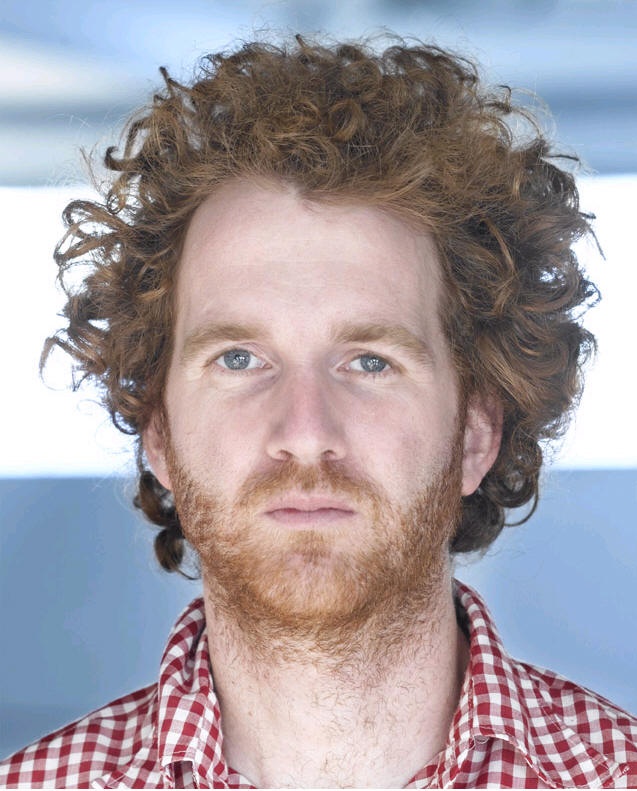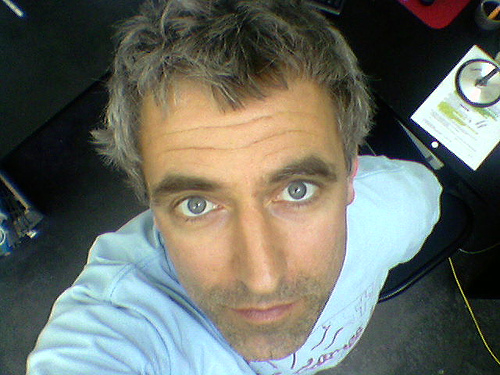Finding Balance: Addressing Cognitive Dissonances through Play
 Joe McKay and
Joe McKay and  Greg Niemeyer, UC Berkeley
Greg Niemeyer, UC Berkeley
niemeyer![]() berkeley.edu
berkeley.edu
Seminar on People, Computers,
and Design
Stanford University October 6, 2006
![]()
Joe McKay is an artist who makes work with and about digital culture. McKay grew up in Ontario, Canada and went to school at Nova Scotia College of Art and Design in Halifax. In 2001 McKay participated of the Whitney Independent Study Program and had a two-person collaborative exhibition with Kristin Lucas titled "The Electric Donut". In 2004 Joe had his first solo show at VertexList in Williamsburg, New York. He has shown his work in the Berkshire museum, the National Gallery of Canada, the ICA in San Jose, an the New Museum. Currently Joe is perusing his MFA at UC Berkeley.
Born in Switzerland in 1967, Greg Niemeyer studied Classics and Photography. He started working with new media when he arrived in the Bay Area in 1992 and he received his MFA from Stanford University in New Media in 1997. At the same time, he founded the Stanford University Digital Art Center, which he directed until 2001, when he was appointed at UC Berkeley as Assistant Professor for New Media. At UC Berkeley, he is involved in the development of the Center for New Media, focusing on the critical analysis of the impact of new media on human experiences. His creative work focuses on the mediation between humans as individuals and humans as a collective through technological means, and emphasizes playful responses to technology. His most recognized projects were Gravity (Cooper Union, NYC, 1997), PING (SFMOMA, 2001), Oxygen Flute (SJMA, 2002), Organum (Pacific Film Archive, 2003), Ping 2.0 (Paris, La Villette Numerique, 2004), Organum Playtest (2005), and Good Morning Flowers (SFIFF 2006, Townhouse Gallery, Cairo, Egypt, 2006).
![]()
View this talk on line at CS547 on Stanford OnLine
Titles and abstracts for previous years are available by year and by speaker.